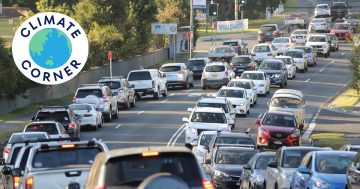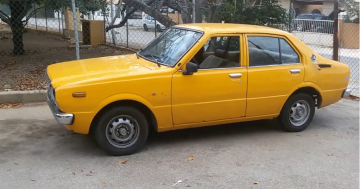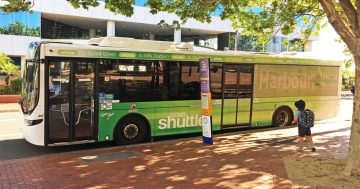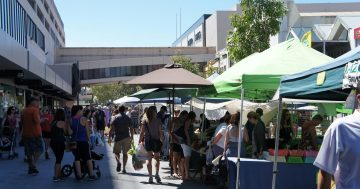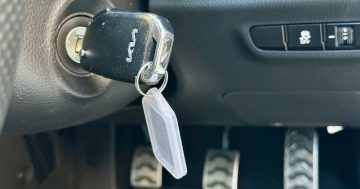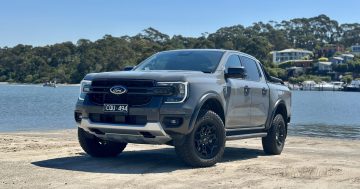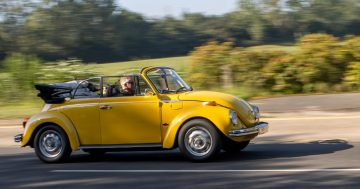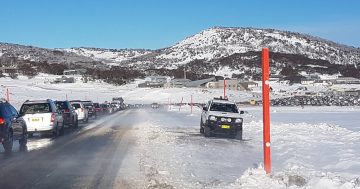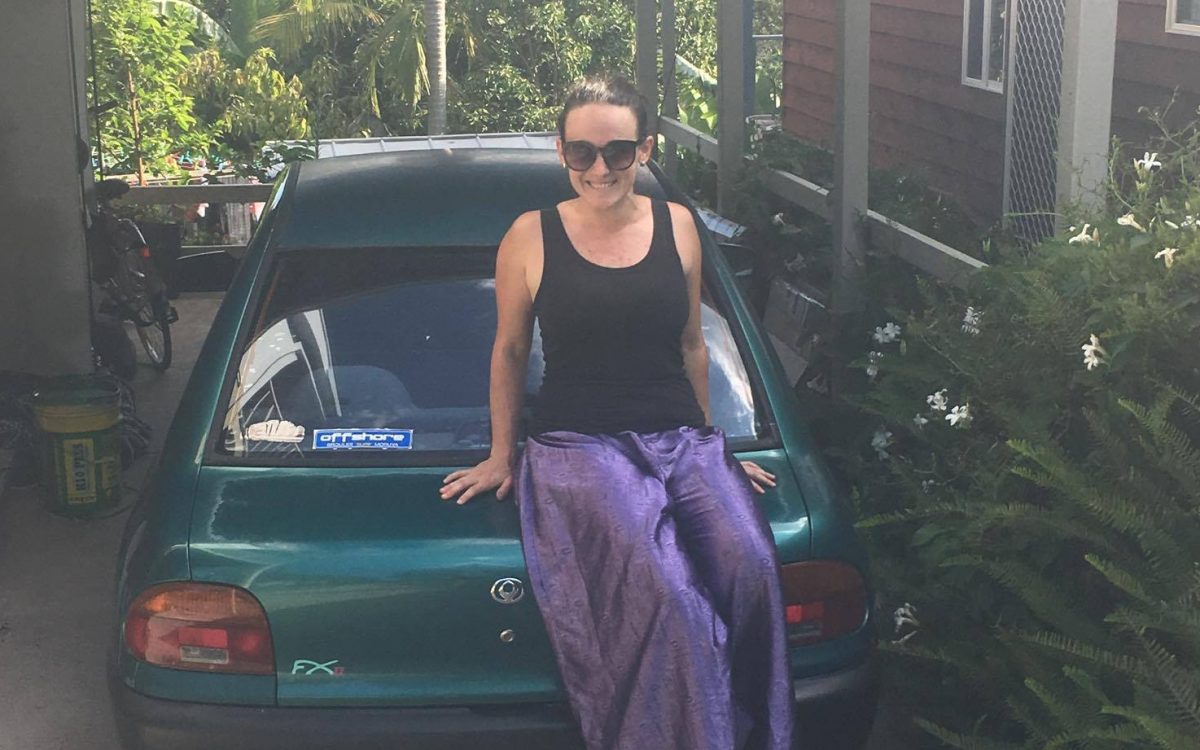
The last time Zoe Cartwright was excited to buy a car, Donald Trump was a celebrity, not a politician. Photo: Leah Dickinson.
At the grand old age of 33, I’ve just taken out my first (official) car loan – and if I’m honest, the new car feeling I have is mostly frustration.
Cars and I have an uneasy relationship. While I love the freedom they give you, I don’t love paying for their upkeep, resent the time I have to spend keeping them clean(ish) and feel guilty about the impact on the environment.
In Wellington, New Zealand, I didn’t need to worry about any of that.
I’d sold my car to move overseas with my partner, and thought I’d see how long I could last without one.
The public transport infrastructure was great, even if the locals complained about it – a clean bus turned up about 50 metres from our front door three times an hour and got me to work in about 30 minutes.
If the weather was nice, I had a bit of extra time, and didn’t feel like the bus, it was an hour walk or 30-minute cycle into the city along dedicated walkways and cycleways (which some of the locals also liked to complain about) that mostly wound through bushland or around the waterfront.
If the weather was horrible and I felt lazy an Uber cost between $12 and $20, a pretty affordable treat. Once you factored in paying for parking it was comparable to driving anyway.
The suburb we lived in boasted four cafes, three takeaways, a couple of corner stores, a bar, a pub, and plenty of green space within a fifteen-minute walk.
Trips that really needed a car, like a tip run or trip to the garden centre, were perfectly manageable with one car between my partner and myself.
When a move back to Australia was on the cards, I naively and optimistically assumed our success as a one-car household was down to a combination of creative thinking and a good attitude, and planned to continue our one-car household lifestyle in Wollongong.
We lasted about two months before it became very clear no amount of positive or creative thinking would make that work for us here.
Instead of having cafes, corner stores and other businesses scattered about, there are shopping ‘hubs’. Sometimes there are footpaths and sometimes there aren’t, so if you’re a bit of a trek from your local hub, like we are, good luck.
Our bus routes are circuitous and take an age to get where you want to go, making a train the speediest option.
If you’re not walking distance from the station, you can either hope the bus and train schedules line up, and both run on time, or get an Uber to the station, which is inexplicably twice as expensive in Australia.
It’s not just me. Research from Regional Development Australia Illawarra found fewer than 11 per cent of Wollongong LGA addresses could access the CBD by rail in 30 minutes, and fewer than 50 per cent could reach it by bus in the same time – the stats are similar for Shellharbour.
Trying to juggle Ubers, buses and trains to get around felt like balancing a precarious Jenga tower – if one task didn’t run to time, I’d be stranded, and the whole day would collapse around me.
It’s an expensive Jenga tower too – when we did the maths, a car loan and running costs worked out about $50 a week more than I was spending on public transport and Ubers, not to mention the many lifts I was calling in from friends when I got stuck.
It made getting a second car the obvious solution but didn’t make me happy about it.
I’m not an urban planner or policymaker, but there are definitely aspects of our lifestyle in Australia that are different from New Zealand – my partner has a longer commute to work, for starters.
But it does seem like the way we plan our suburbs creates a dependence on car ownership that means a second car isn’t a luxury for families anymore, it’s a necessity.
When petrol prices are soaring, family budgets are strained, and our environment desperately needs all of us to use a little less, there must be something we can do better.









